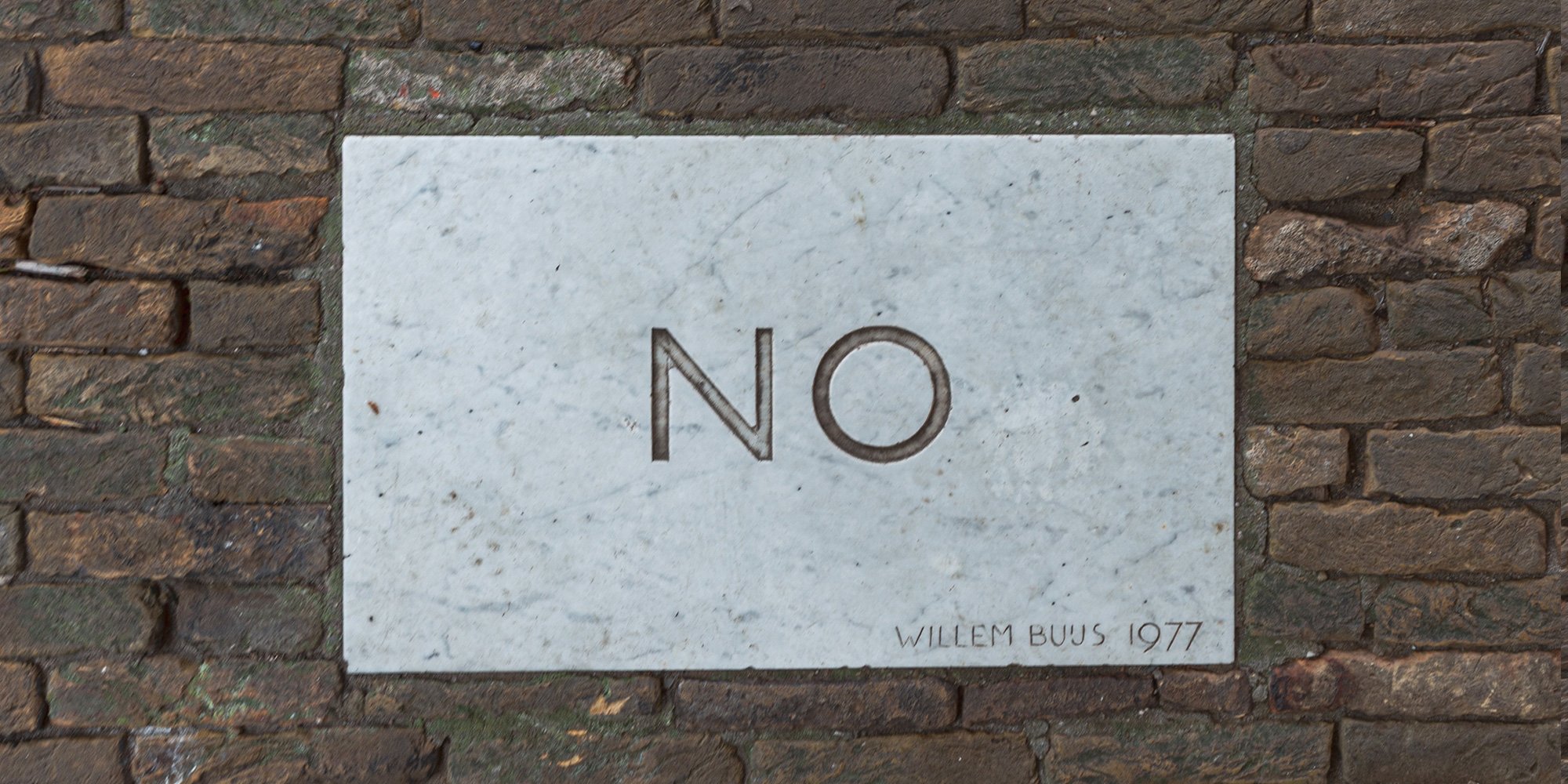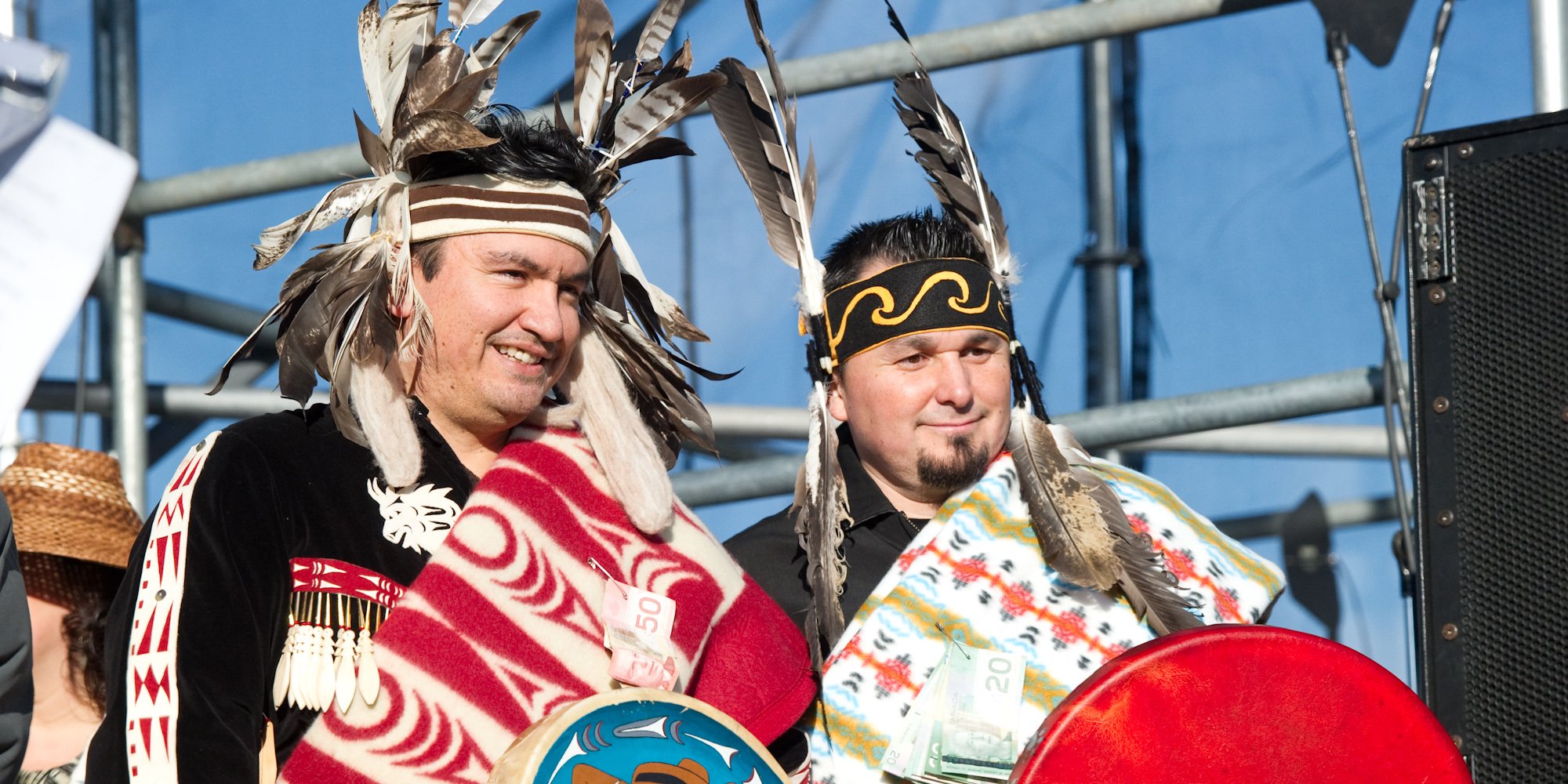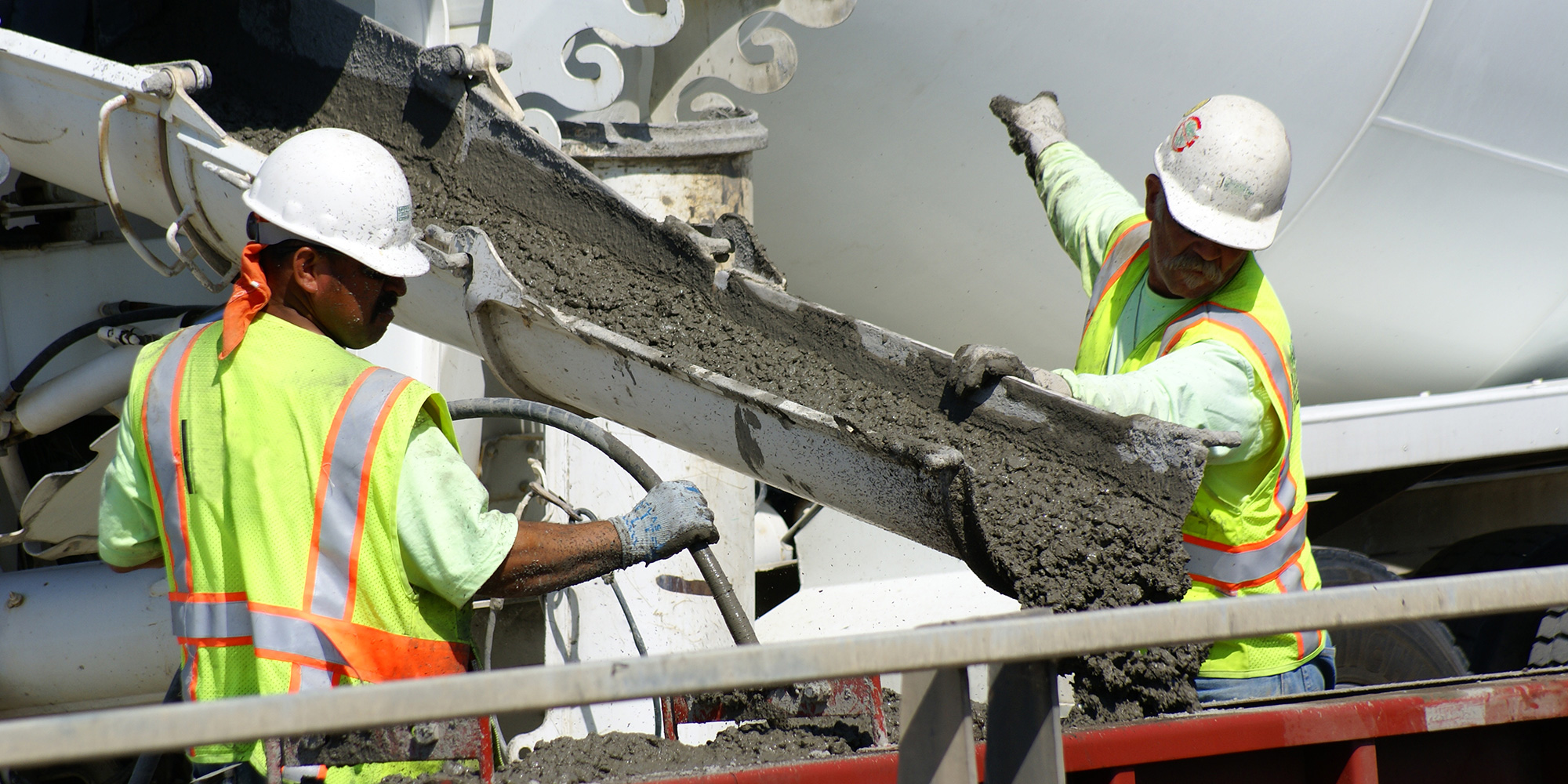Six “Must Don'ts” for an Effective Indigenous Engagement Strategy - #2 in Series
In this second installment in our series of "Must-dos and Don’ts” for an effective Indigenous engagement strategy, we are providing six “don’ts” that...
2 min read
Bob Joseph March 18, 2014

When building an effective Indigenous engagement strategy or program, there are many simple things you can do which will go a long way to getting your relationship off to a good start.
1. Research the community and governing parties before going to the community. This is a basic “due diligence” step that reaps great benefits. It is a sign of respect to arrive at a meeting with a solid knowledge of who the chief is and when they were elected, the names of the hereditary chiefs, the names of the Councilors, and the various departments. You are advised to know if they have settled treaties or where they are in the treaty process and the issues at stake. It is also advisable to find out the historical view of the community towards your particular type of project. Time spent on the community website is time well spent, however, not all communities have websites and not all communities have the capacity to keep the websites up to date.
Some key items to search for include:
It is also respectful to have a comfortable understanding of the history and culture of the community. One of the biggest errors companies make is not recognizing the cultural diversity of each individual community. Find out all you can about the culture, cultural events, and celebrations. Of equal importance is finding out the challenges that the community faces and what issues are of greatest concern to the chief and council.
2. Try to establish a relationship and meet before you need something. If you are planning a project on or near traditional or treaty lands, then it is inevitable that you will at some point need something from the community leaders. You will need to know rather than just turn up at their office with your needs front and centre and expecting a prompt and positive response, take the time to build a relationship. Take a moment and put yourself in their shoes - Chief and Council are responsible for health, education, housing, finances, and economic development, to name a few, and these responsibilities take precedence over you and your project. The most common thing we hear from communities is that they are bombarded with requests for meetings and decisions and simply don’t have the time to attend to them all.
Plan ahead and attend a community cultural event, or, contact the community and find out if you can sponsor or support an event.
Establish a positive presence before you make a request - you are trying to establish a relationship that will support and benefit your project for the life of your project. Time spent building the relationship in the early phase is a wise and valuable investment of your time and resources. As the saying goes “You only have one chance to make a first impression.”
Featured photo: Unsplash

In this second installment in our series of "Must-dos and Don’ts” for an effective Indigenous engagement strategy, we are providing six “don’ts” that...

Indigenous relations is an evolving field, especially now in light of the federal government’s commitment to negotiation on a nation-to-nation basis....

Indigenous Peoples are the fastest-growing segment of the Canadian population and are an obvious target for employee recruitment. But, before you...